Father O’Malley is sent to St. Mary’s, a run-down parochial school on the verge of condemnation. He and Sister Benedict work together in an attempt to save the school, though […]
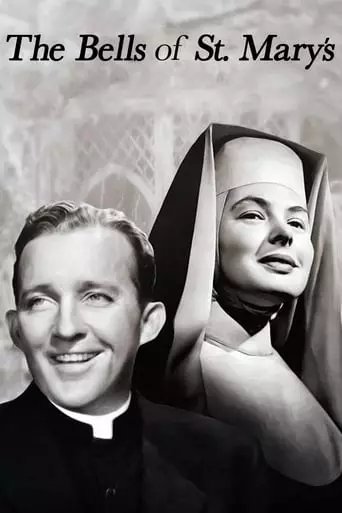
Father O’Malley is sent to St. Mary’s, a run-down parochial school on the verge of condemnation. He and Sister Benedict work together in an attempt to save the school, though […]
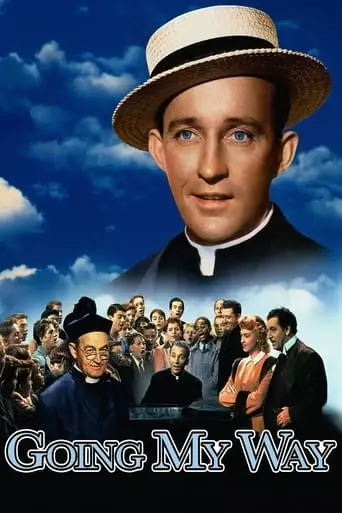
Youthful Father Chuck O’Malley led a colorful life of sports, song, and romance before joining the Roman Catholic clergy. After being appointed to a run-down New York parish, O’Malley’s worldly […]
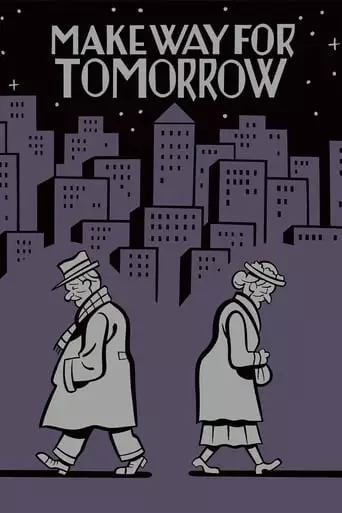
At a family reunion, the Cooper clan find that their parents’ home is being foreclosed. Temporarily, Ma moves in with son George’s family, Pa with daughter Cora. But the parents […]
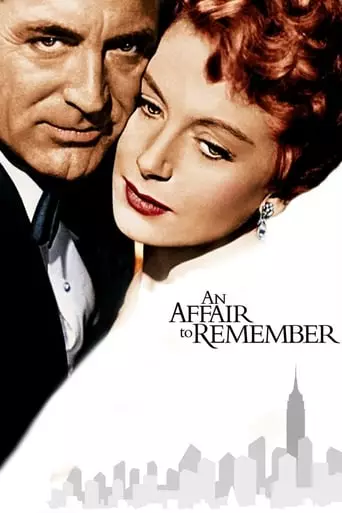
A couple falls in love and agrees to meet in six months at the Empire State Building – but will it happen? An Affair to Remember (1957), directed by Leo […]
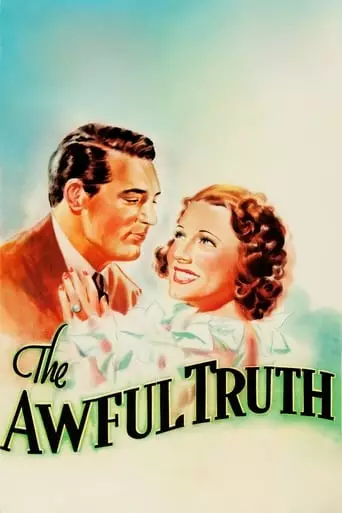
Unfounded suspicions lead a married couple to begin divorce proceedings, whereupon they start undermining each other’s attempts to find new romance. The Awful Truth (1937), directed by Leo McCarey, is […]
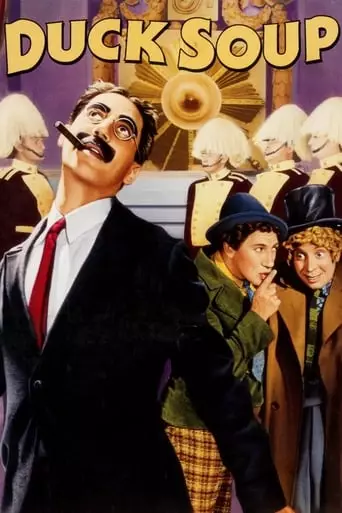
Rufus T. Firefly is named president/dictator of bankrupt Freedonia and declares war on neighboring Sylvania over the love of wealthy Mrs. Teasdale. Duck Soup (1933), directed by Leo McCarey, is […]
Leo McCarey: The Architect of Laughter and Tears
Leo McCarey (1898–1969) was one of Hollywood’s most versatile and influential directors, known for his ability to seamlessly blend comedy and drama. A pioneer of early American cinema, McCarey directed some of the most beloved films of the 20th century, including Duck Soup (1933), The Awful Truth (1937), and Going My Way (1944).
With a career that spanned silent films, screwball comedies, and heartfelt dramas, McCarey’s work reflects a deep understanding of human nature, an instinct for storytelling, and a mastery of tone. His films remain timeless, celebrated for their humor, emotional resonance, and enduring charm.
Early Life and Career Beginnings
Thomas Leo McCarey was born on October 3, 1898, in Los Angeles, California. After studying law at the University of Southern California, McCarey briefly pursued a career as a prizefighter and songwriter before finding his way into the film industry in the 1920s.
McCarey began as a gag writer for Hal Roach Studios, working on comedic shorts featuring legends like Laurel and Hardy and Charley Chase. His knack for crafting visual gags and comedic timing quickly earned him a reputation as a skilled comedy director.
Comedy Genius: The Laurel and Hardy Years
McCarey played a pivotal role in shaping the careers of Laurel and Hardy, contributing to their evolution into one of cinema’s greatest comedy duos. As a supervising director at Hal Roach Studios, McCarey helped refine their dynamic, emphasizing character-driven humor over slapstick.
Though uncredited on many of their early works, McCarey’s influence is evident in classics like Big Business (1929) and The Music Box (1932). His contributions to their success solidified his status as a comedic innovator.
The Marx Brothers and Duck Soup (1933)
McCarey’s first major feature, Duck Soup, is a masterpiece of anarchic comedy starring the Marx Brothers. A biting satire of politics and war, the film’s rapid-fire wit and absurdist humor make it one of the greatest comedies of all time.
While initially underappreciated, Duck Soup gained recognition in later decades for its sharp critique of authoritarianism and its influence on comedy filmmakers.
The Awful Truth (1937): A Screwball Triumph
McCarey’s The Awful Truth is a quintessential screwball comedy that won him his first Academy Award for Best Director. Starring Cary Grant and Irene Dunne, the film follows a divorcing couple who can’t seem to let each other go.
With its sparkling dialogue, impeccable timing, and effortless charm, The Awful Truth not only defined the screwball genre but also established Cary Grant as a comedic leading man.
Drama and Emotion: Make Way for Tomorrow (1937)
In the same year as The Awful Truth, McCarey directed Make Way for Tomorrow, a poignant drama about an elderly couple forced to separate due to financial hardships.
Considered one of McCarey’s finest achievements, the film is a heartbreaking exploration of aging, family dynamics, and societal neglect. Orson Welles famously called it “the saddest movie ever made,” and its influence can be seen in later works like Yasujirô Ozu’s Tokyo Story (1953).
Golden Era: The 1940s
Going My Way (1944)
McCarey’s Going My Way, starring Bing Crosby as a charismatic young priest, was a box-office sensation and won seven Academy Awards, including Best Picture and Best Director. The film’s warmth, humor, and uplifting message resonated with wartime audiences.
The Bells of St. Mary’s (1945)
A sequel to Going My Way, The Bells of St. Mary’s paired Bing Crosby with Ingrid Bergman in a tender story about faith and community. The film was another critical and commercial success, showcasing McCarey’s gift for blending sentiment with humor.
Recurring Themes and Style
McCarey’s films often explore themes of love, family, faith, and redemption. His ability to balance humor and pathos set him apart from his contemporaries, creating works that resonate on both emotional and intellectual levels.
Key elements of McCarey’s style include:
Improvisation: McCarey encouraged actors to improvise, resulting in naturalistic performances and organic humor.
Character Focus: Whether in comedies or dramas, his films emphasize relatable, multidimensional characters.
Blending Tones: McCarey’s seamless transitions between laughter and tears reflect his deep understanding of human emotion.
Later Career and Legacy
McCarey’s later films, including An Affair to Remember (1957), continued to showcase his talent for storytelling. The romantic drama, starring Cary Grant and Deborah Kerr, became a cultural touchstone and remains one of the most beloved love stories in cinema history.
Despite a decline in output during his later years, McCarey’s influence on Hollywood is undeniable. Filmmakers like Billy Wilder, Frank Capra, and Preston Sturges drew inspiration from his work, and his films continue to be celebrated for their timeless appeal.
Awards and Recognition
McCarey’s contributions to cinema were widely recognized during his lifetime. He won three Academy Awards, including two for Best Director (The Awful Truth and Going My Way), and received numerous nominations. His films remain fixtures in discussions of Hollywood’s Golden Age.
Conclusion
Leo McCarey was a director who understood the full spectrum of human emotion, crafting films that could make audiences laugh, cry, and reflect. His legacy as a pioneer of both comedy and drama endures, with works that continue to captivate new generations.
From the anarchic brilliance of Duck Soup to the tender poignancy of Make Way for Tomorrow, McCarey’s films remind us of cinema’s power to entertain, enlighten, and move us. He remains a true master of the art form, celebrated for his unmatched ability to capture the essence of the human spirit.